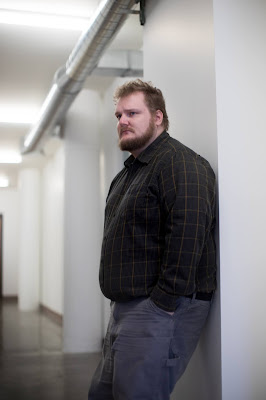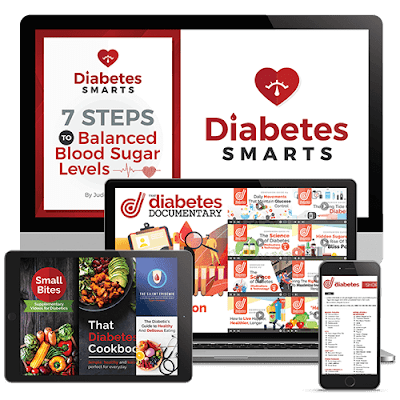Type 2 diabetes
People who are middle-aged or older are most likely to get this kind of diabetes, so it used to be called adult-onset diabetes. But type 2 diabetes also affects kids and teens, mainly because of childhood obesity.
It’s the most common type of diabetes. There are about 29 million people in the U.S.
Type 2 diabetes can be caused by:
• Being overweight
• Eating a lot of foods or drinks with sugar and simple carbohydrates
• Artificial sweeteners (sugar free sodas, sugar free foods) intake
• Lack of activity (sedentary behavior)
• Lack of exercise
• Stress and stress hormones
• Genetics
The major symptom is often being overweight. Other symptoms and signs include:
• Excess thirst
• Urinating a lot
• Gaining or losing weight unintentionally
• Dark skin under armpits, chin, or groin
• Fatigue
• Unusual odor to urine
• Blurry vision
The prognosis for a person with this health condition is estimated to be a life expectancy of 10 years less than a person without diabetes.
Medication
If lifestyle changes don’t get you to your target blood sugar levels, you may need medication. Some of the most common for type 2 diabetes include:
• Metformin (Fortamet , Glucophage, Glumetza, Riomet). This is usually the first medication used to treat type 2 diabetes. It lowers the amount of glucose your liver makes and helps your body respond better to the insulin it does make.
• Sulfonylureas. This group of drugs helps your body make more insulin. They include glimepiride (Amaryl), glipizide (Glucotrol, Metaglip), and glyburide (DiaBeta, Micronase).
• Meglitinides. They help your body make more insulin, and they work faster than sulfonylureas. You might take nateglinide (Starlix) or repaglinide (Prandin).
• Thiazolidinediones. Like metformin, they make you more sensitive to insulin. You could get pioglitazone (Actos) or rosiglitazone (Avandia). But they also raise your risk of heart problems, so they aren’t usually a first choice for treatment.
• DPP-4 inhibitors. These medications -- linagliptin (Tradjenta), saxagliptin (Onglyza), and sitagliptin (Januvia) -- help lower your blood sugar levels, but they can also cause joint pain and could inflame your pancreas.
• GLP-1 receptor agonists. You take these medications with a needle to slow digestion and lower blood sugar levels. Some of the most common ones are exenatide (Byetta, Bydureon), liraglutide (Victoza), and semaglutide (Ozempic).
• SGLT2 inhibitors. These help your kidneys filter out more glucose. You might get canagliflozin (Invokana), dapagliflozin (Farxiga), or empagliflozin (Jardiance).
• Insulin. You might take long-lasting shots at night, such as insulin detemir (Levemir) or insulin glargine (Lantus).
ATTENTION!
If you have type 2 diabetes, pre-diabetes or know someone with these conditions then read this carefully as the following information can save your life.
Most Common and Effective Treatment of Diabetes Type 2 without any Drugs have been introduced by our Doctors and Specialist.
1-Reverse Type 2 Diabetes. The Genuine Blood Sugar Solution.
Discover How Thousands of Men and Women Worldwide Have Already Used The Reverse Diabetes Today System To Fix Insulin Resistance and Reverse Their Type 2 Diabetes Without Drugs or Insulin.
2-Diabetes Smarts
Diabetes Smarts is an all-in-one hub which includes an eye-opening documentary series AND a wealth of resources such as a lifestyle guide, a recipe book, and other valuable bonuses to permanently steer you away from the dangers of diabetes.
Go on a life-changing journey with filmmaker and health enthusiast Judd Resnick as he talks to a team of medical experts around the world. Together, they reveal the often covered-up truths behind diabetes.
But more importantly, they'll show you the scientifically proven way to live a life FREE of diabetes... and all its deadly complications.




Thanks for the information about diabetes....@ kalyanam matrimony
ReplyDeleteYour information is very useful. Very good information and very good collection. Visit to know more about diabetes diet. diabetes diet
ReplyDelete